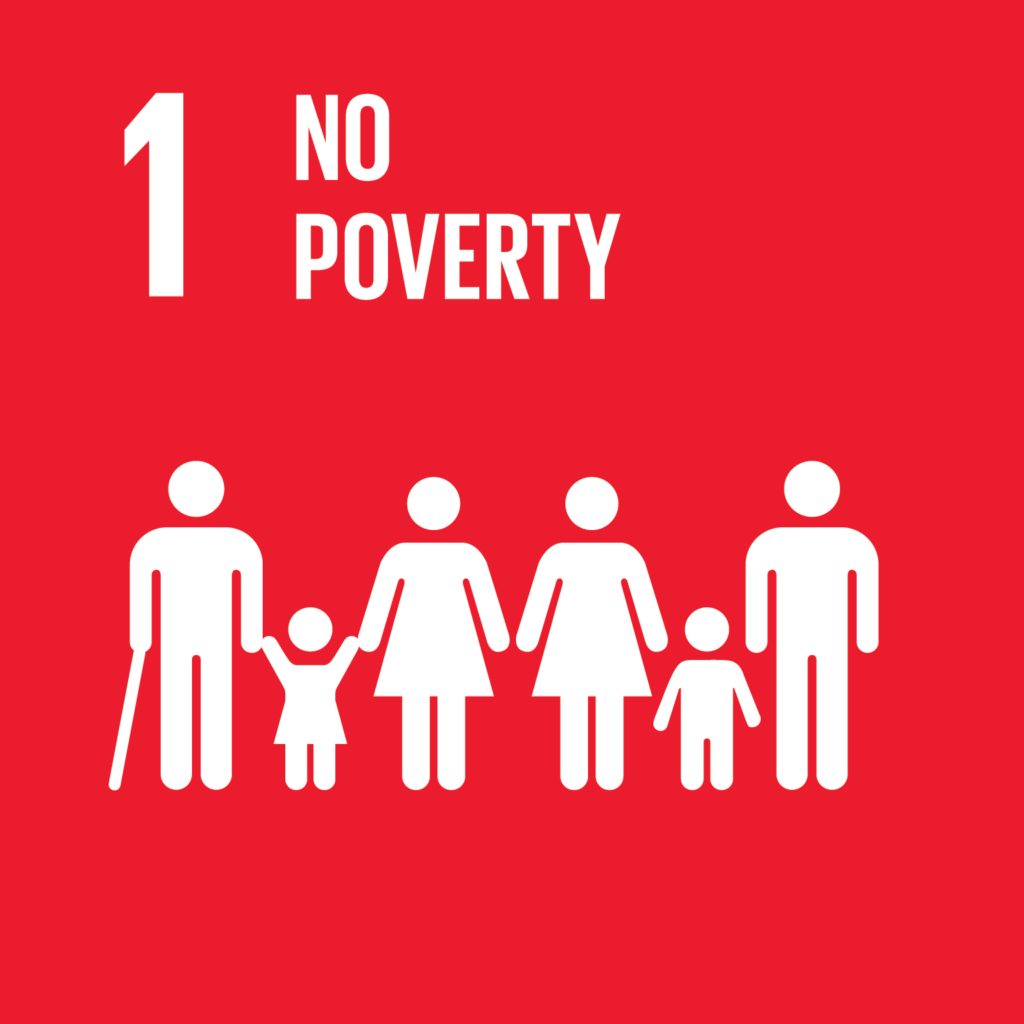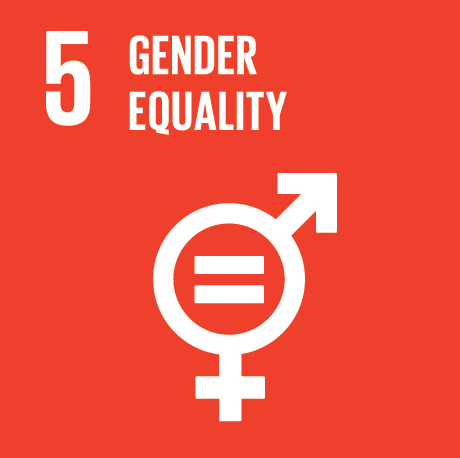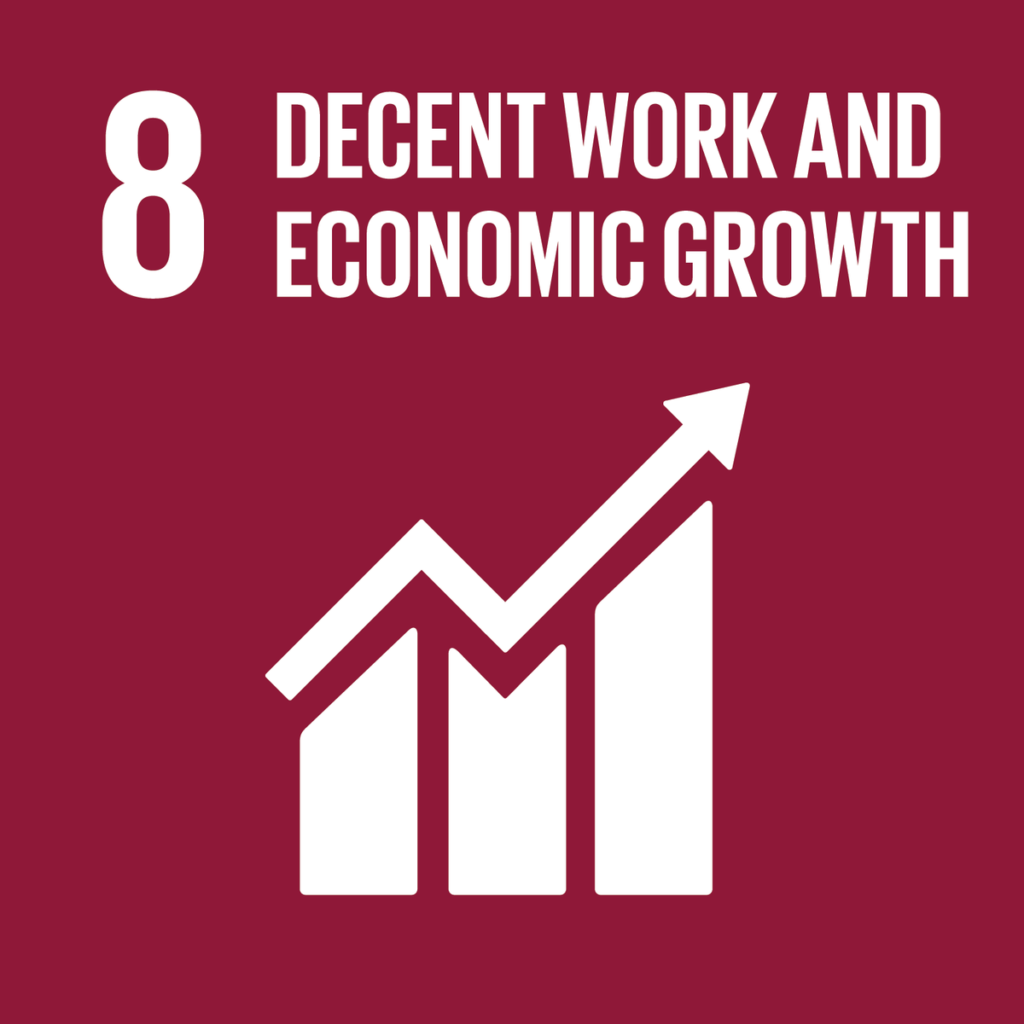
The Entrepreneurship in Movement program supports migrants and community members to create sustainable livelihoods through business development.
The program strengthens the local economy by supporting entrepreneurs with the tools and skills to launch new businesses, fostering job creation and social cohesion.
3,800
2,129
300

Entrepreneurship potential
Entrepreneurship empowers migrants to establish a new way of life in their host countries and integrate into the local economy as agents of development.
Additionally, tapping into this currently unemployed or underemployed workforce will help recipient countries recover from the economic crisis caused by COVID-19.
Economic benefits
Owning a business allows to have financial security and self-sufficiency. When migrants generate their own livelihoods, they are less likely to be victims of labor exploitation or abuse.
Social benefits
Migrant entrepreneurs create networks with businesses, local suppliers and customers outside their community, forming multicultural societies. Through entrepreneurship, new niches can also be created, where they do not compete with local workers, which can help overcome xenophobia.
Psychological benefits
Creating something for yourself, achieving self-sufficiency, and knowing that something belongs to you in a new environment helps give migrants a sense of dignity after much loss.
Women migrants entrepreneurs
Entrepreneurship is a powerful economic strategy for migrant women, who often experience unequal access to training and employment opportunities.
Women who earn a livelihood are more likely to invest in their families and communities (OECD).
Therefore, promoting the economic empowerment of women is essential to eradicate poverty and grow inclusive economies.





Venezuelan context
The collapse of the economy, human rights and public services, along with widespread violence and lack of food, water and medicine have caused a mass exodus of Venezuelans, the largest in the history of Latin America and the Caribbean.
– More than 6 million Venezuelans have already fled to neighboring countries in Latin America and the Caribbean.
– Venezuelan migrants are highly skilled – they can help fill much-needed job gaps in receiving countries and contribute to the local economy.
– Despite this ability, 28% of refugees and migrants from Venezuela expressed concerns related to employment and income generation (2019 survey of 11 countries in Latin America)




